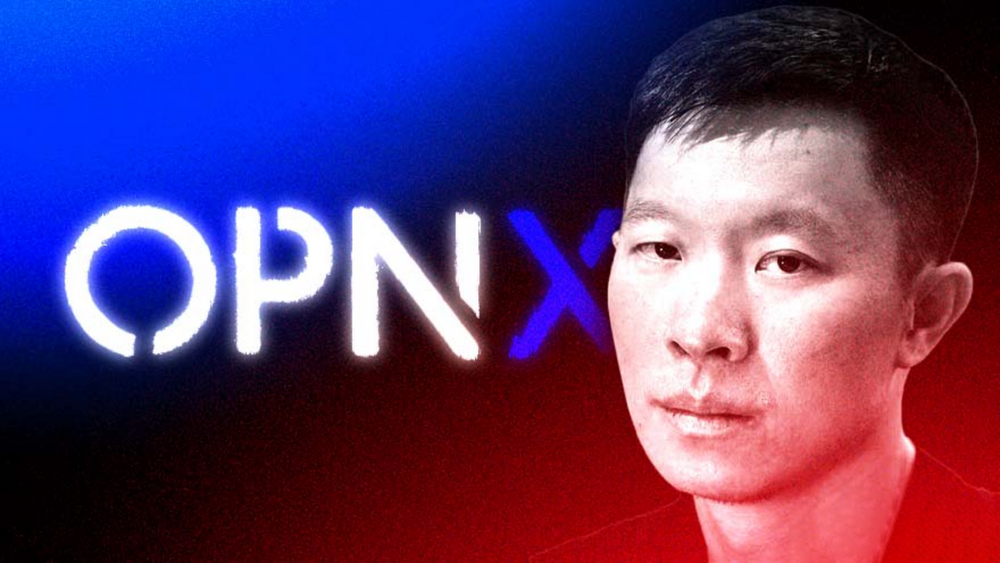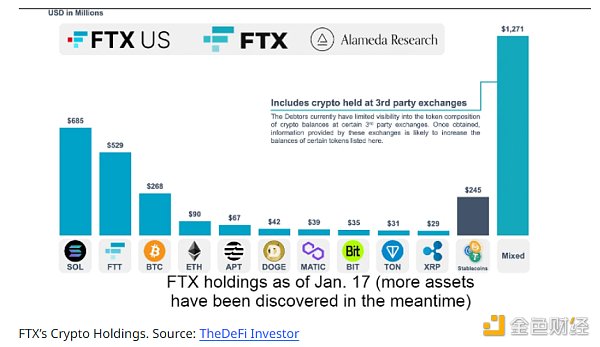The United Nations actively embraces blockchain and has used the technology to achieve tangible results
According to Forbes report on February 27, recently, the United Nations has been ranked on the Forbes Second Blockchain Top 50 List due to its adoption of blockchain technology. This 75-year-old organization plays an important role in global humanitarian efforts and it has been seeking to adopt this emerging technology in multiple areas.

Image source: pixabay
From assisting in tackling climate change to using blockchain-verified iris scanning technology to disburse funds to Syrian refugees, the UN has been hoping to use this technology, which is still looking for its own advantages, to advance its cause.
- Babbitt Original | Zeroing out, getting rich in the market, do you know these three big futures players?
- Live broadcast playback: FCoin Thunderstorm, how to get your money back? | 8 big events
- Gartner lists 6 ideas that hurt digital business, also applies to blockchain
The concept of using the advantages of the blockchain to solve problems is no stranger. Because the technology has a wide range of disruptive potential, it is often used in charitable activities and those situations where good results can be achieved through the technology.
As the highest-level institution in the world to advance the humanitarian cause, the United Nations has proven its willingness to adopt blockchain technology to become a more efficient force. In fact, United Nations Secretary-General Antonio Guterres has said that this global intergovernmental organization needs to embrace blockchain.
Keeping up with the digital age
Obviously, we are currently on the verge of a new industrial revolution, which will be based on the advancement of emerging technologies. Artificial intelligence, the Internet of Things, and blockchain are all gaining ground in this new digital age.
Especially for the blockchain, it is being widely used in many different fields. At the same time, due to the cryptocurrency, the blockchain has gained great influence in the financial field. However, companies are also beginning to realize the potential of this technology to promote business development, and the United Nations is not unambiguous on this. Guterres said in a statement provided specifically to Forbes:
"In order for the United Nations to better fulfill our mission in the digital age, we need to adopt technologies such as blockchain to help accelerate the achievement of Sustainable Development Goals."
For the United Nations, its focus is on achieving the Sustainable Development Goals. The 17 Sustainable Development Goals, including poverty eradication and responsible production and consumption of goods, set for the first time in 2015 are expected to be completed in the 1930s.
The United Nations Innovation Network is a program established to promote inter-agency cooperation, which includes 5 blockchain projects. For example, the United Nations International Telecommunications Union and Food and the Union and Food and Agriculture Organization are collaborating to track Papua New Guinea's hog supply chain; the United Nations Capital Development Fund The blockchain used for remittances in Nepal is being explored; the United Nations Development Programme is using the blockchain to track Ecuador's cocoa supply chain. But blockchain has also been widely used in other fields.
UNICEF and cryptocurrencies
The United Nations International Children's Education Fund is also exploring the use of the power of blockchain to empower its own work, but the agency is working on another application of blocks-cryptocurrencies.
The UNICEF Crypto Fund was launched in October 2019, and its operating model is to accept donations from Bitcoin and Ethereum, and invest the proceeds directly into blockchain startups. Once the institution was established, it immediately caught the attention of the crypto community and received donations of 1 bitcoin and 10,000 ether from the Ethereum Foundation, based in Switzerland.
In addition, this UNICEF initiative is not only an attempt to gain from the volatile and exciting Bitcoin investment market, but also to keep pace with the digital age. Christina Lomazzo, the agency's blockchain director, said:
"The purpose of setting up a crypto fund is not specifically for cryptocurrencies. What we really see is that it is preparing for the digital future. We need to be prepared to deal with digital assets, whether it is Bitcoin or Ethereum, or other government-backed Digital currency. It could be any of them, but it does help us improve our ability to understand how to use or store digital assets. "
Although the UN uses cryptocurrencies for these scenarios, the Ethereum Foundation has also pointed out the benefits of using blockchain. Aya Miyaguchi, its executive director, stated:
"The Unicef Crypto Fund provides us with a great opportunity to work with Unicef teams around the world. The Ethereum Foundation will provide technical support for Unicef and its blockchain portfolio. Unicef has 190 offices around the world, The Ethereum ecosystem brings the ability to collaborate with top talents in various regions that will benefit from the development of Ethereum technology. "
Tangible results
Of course, all this work currently done on the blockchain is still very experimental and theoretical. The potential of the block has already emerged, but to achieve these goals, even to feel the direct humanitarian impact of the block chain, there is still a long way to go.
However, a prominent blockchain use case at the United Nations is the use of blockchain-validated iris scans on Syrian refugees.
Syrian refugees in the Azraq refugee camp in Jordan are now receiving assistance and paying for food through retinal scans recorded on the blockchain, rather than through problematic ID cards. Robert Opp, WFP's director of innovation, said:
"We see this as a starting point.Blockchain has many potential uses that can dramatically change the way we provide assistance to people in terms of efficiency, effectiveness, and security."
Yoshiyuki Yamamoto, special adviser to the United Nations Office for Project Services (UNOPS) blockchain, said that fund misappropriation is a prominent problem in the entire humanitarian field, so it is not surprising that other institutions are also studying blockchain.
In 2012, former UN Secretary-General Ban Ki-moon stated that the loss of funds from corruption in UN development assistance projects accounted for 30% of all funds. Yamamoto says:
"If we don't know where the 30% funds are, this is a matter of great concern to everyone."
We will continue to update Blocking; if you have any questions or suggestions, please contact us!
Was this article helpful?
93 out of 132 found this helpful
Related articles
- Glue Manifesto: How can a centralized system better help decentralized systems evolve?
- Can the community restart and can the losses be recovered? 8 big events to clarify the way for FCoin to defend your rights
- QKL123 market analysis | After bitcoin plunges, the halving market is over? 73 days countdown! (0228)
- Hong Kong and Abu Dhabi amend cryptocurrency regulations in conjunction with Financial Action Task Force
- US stocks plunged across the board, mined coins halving VS economic crisis, buy up or buy down?
- Comprehensive analysis of the MakerDAO governance system: Taking 2% governance events as an example
- Research: Serious mistrust of banking system, millennials may tend to turn wealth to Bitcoin






